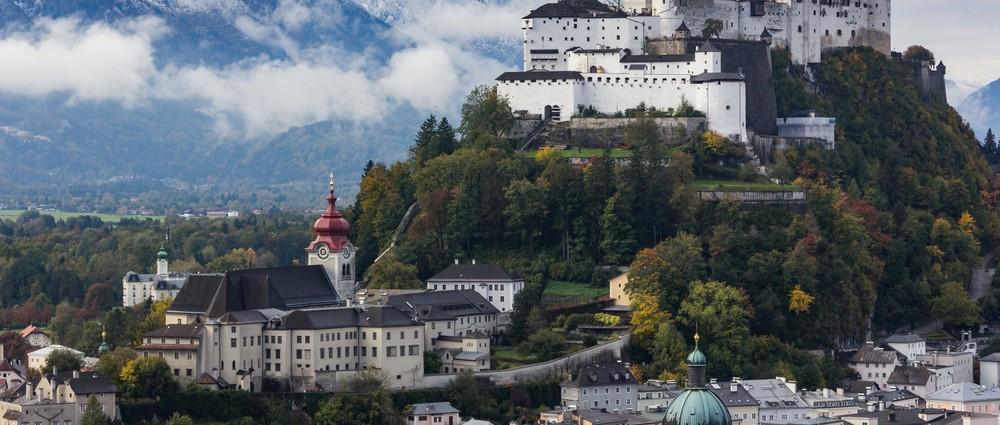Today we will talk about some awesome and interesting facts about Austria, you will be amazed after reading these facts about Austria.
Interesting facts about Austria
History & Heritage
Modern Austria is the German-speaking part of the Austrian Empire (later Austro-Hungarian) ruled by the Habsburg dynasty from 1526 to 1918.
- The Austrian flag is one of the oldest national flag in the world. It dates from 1191, when Duke Leopold V fought at the Battle of Acre during the Third Crusade.
- The largest emerald in the world (2860 carats) is on display at the Imperial Treasury of the Hofburg (Imperial Palace) in Vienna.
- The Schonbrunn Palace, the Habsburg summer palace, has no less than 1,440 rooms.
- The sewing machine was invented in 1818 by Josef Madersperger, an Austrian.
- The oldest zoological garden in the world is the Tiergarten Schonbrunn in Vienna, founded in 1752.
- Founded in 803 under the name of Stiftskeller St. Peter, Haslauer is the oldest still active tavern / restaurant in the world and the oldest company in Europe.
- The Central Cemetery of Vienna (Zentralfriedhof) has more than 2.5 million graves (more than the living population of the city), including those of Beethoven, Strauss, Brahms, Gluck, Schubert and Schoenberg.
Culture & Population
- About half of Austrian men are overweight (50.8%, the highest rate in the European Union), but only 8.6% of them are obese (the 4th lowest rate in the EU). 27). In contrast, only 20.3% of Austrian women are overweight (the lowest rate in the 27 Member States), including 8.6% who are obese (also the lowest rate in the EU).
- Austria is the only continental country in the European Union that is not a member of NATO.
Austria has given the world many famous classical composers, including Haydn, Mozart, Schubert, Liszt, J. Strauss, Mahler and Bruckner. - Arnold Schwarzenegger, the former Hollywood actor and current Governor of California, is basically an Austrian citizen.
- The father of psychoanalysis, Sigmund Freud, was Austrian.
- Several eminent members of the Rothschild family, one of the largest families of bankers and investors in the history of Europe, were Austrian citizens.
- The founder of “Porsche”, the maker of German sports cars, is Austrian Ferdinand Porsche. He also designed the Volkswagen (the “people’s car”).
- As of the end of 2012, 19 Austrians had received a Nobel Prize, including seven in physiology or medicine, four in chemistry and three in physics. Austria has one of the highest numbers of Nobel Prizes per capita, just after Luxembourg, the Scandinavian countries and Switzerland. The Austrian novelist and radical pacifist Bertha von Suttner was the first woman to win a Nobel Peace Prize in 1905.
- Famous Austrian chef Wolfgang Puck, who owns more than 70 restaurants in the United States, is the second-largest earner in the world, earning $ 16 million a year, according to Forbes magazine. Another Austrian, Eckart Witzigmann is one of only four chefs to be named leader of the century by the Gault Millau guide.
Country & Nature
- 62% of the total area of Austria is covered by the Austrian Alps.
- About a quarter of Austria’s population lives in the capital, Vienna.
- The second highest peak in Europe by order of highest magnitudes is Großglockner (3,798m, with a peak of 2,423m), in Austria.
- Austria has 13 peaks exceeding 3,000 meters above sea level and 34 over 2,000 meters.
- The Krimml Falls (Krimmler Wasserfalle), in the state of Salzburg, are the highest waterfalls in Europe, reaching 380 meters high.
Business & Economics
- The average unemployment rate for Austria between 1960 and 2013 is 4.69%, the second lowest rate in the European Union after Luxembourg.
- Among the Europeans, it is the Austrians who work the most, with an average of 45 hours per week.












